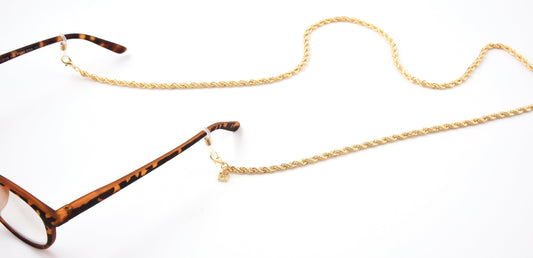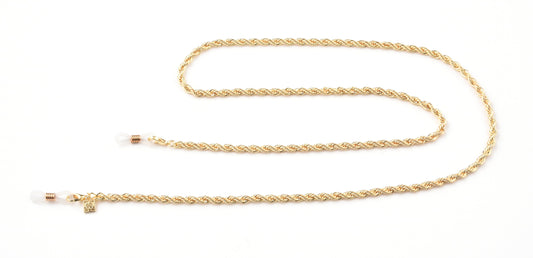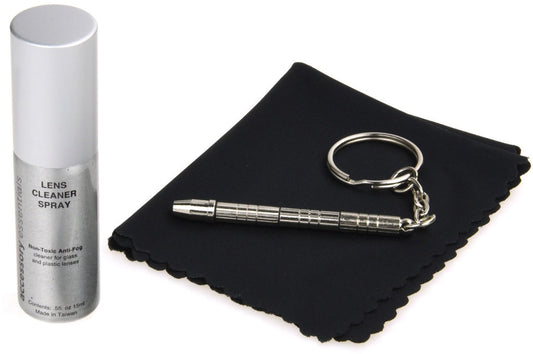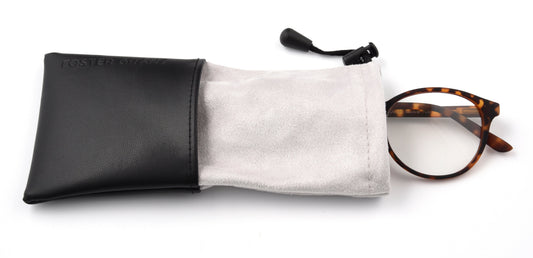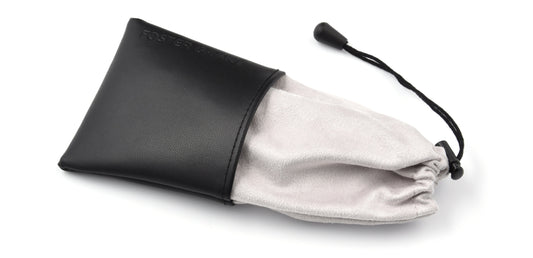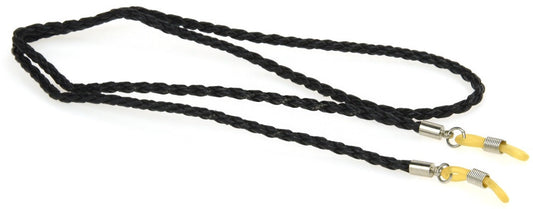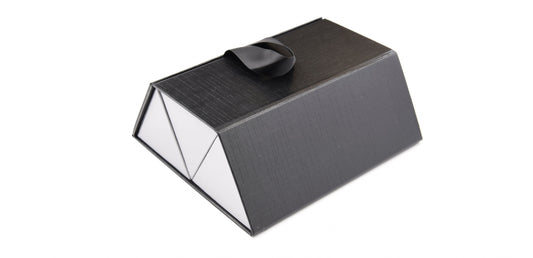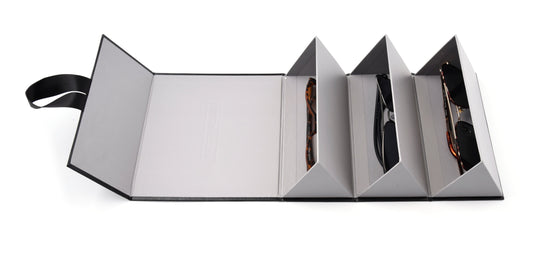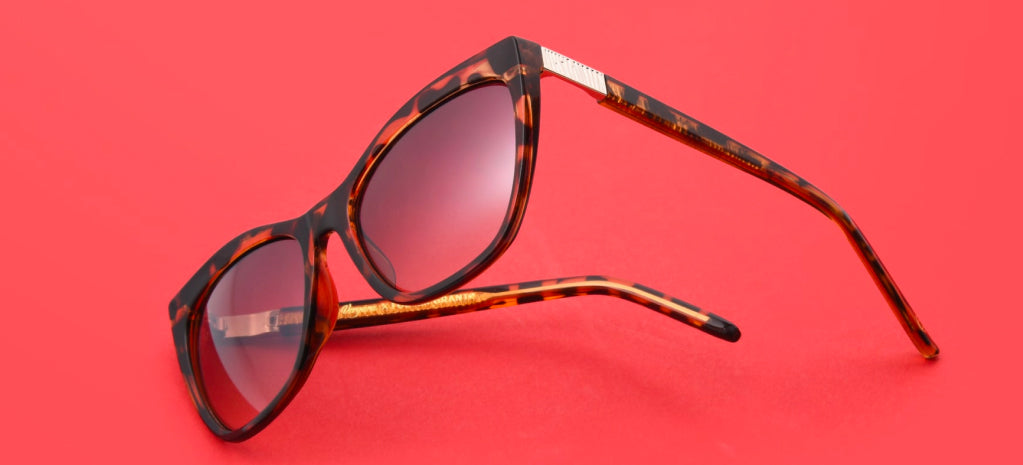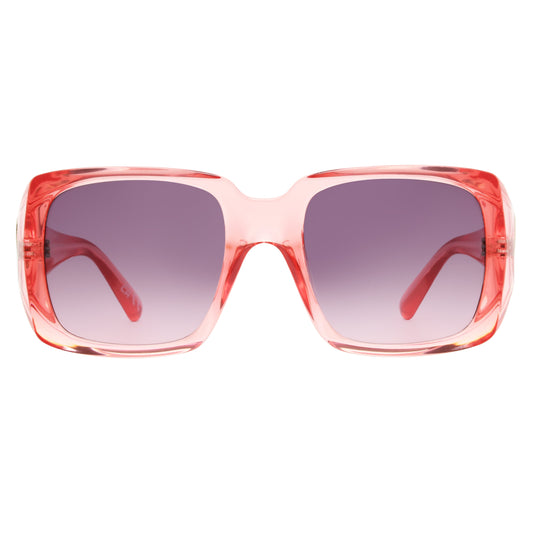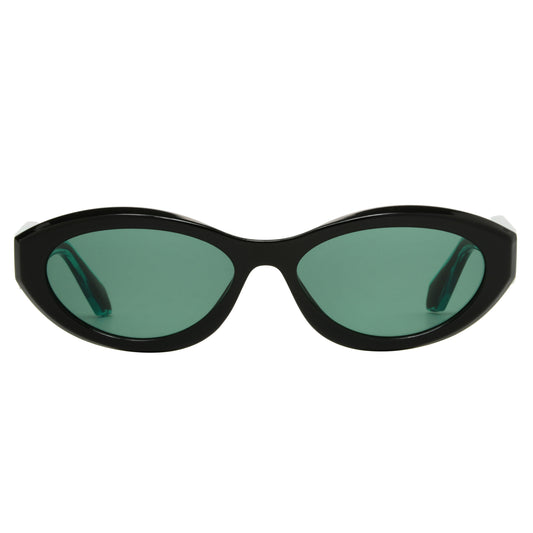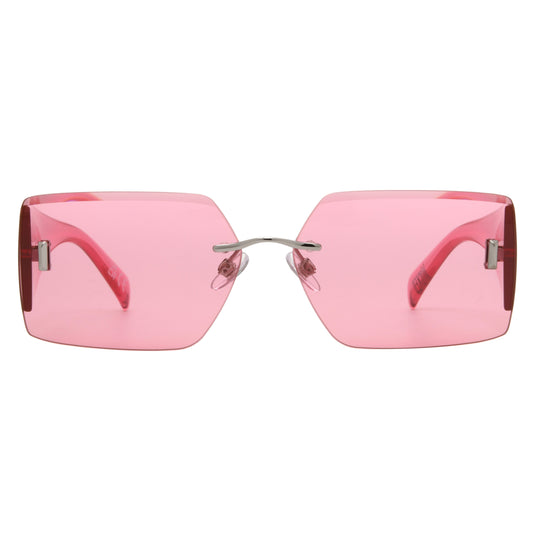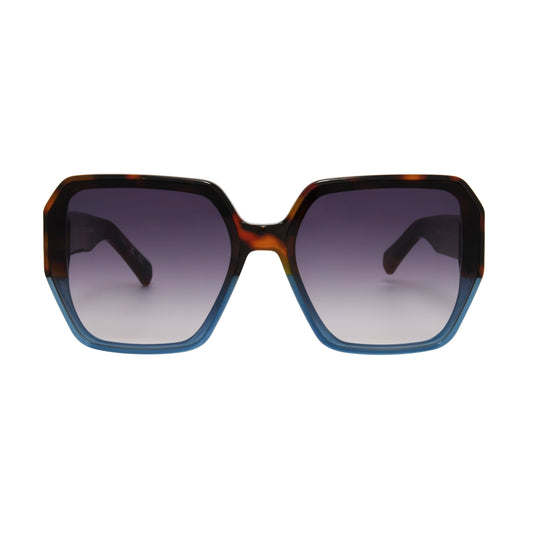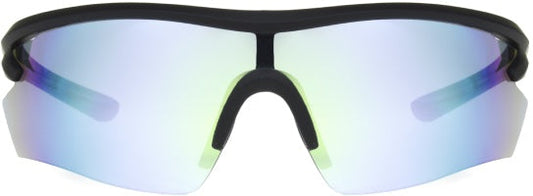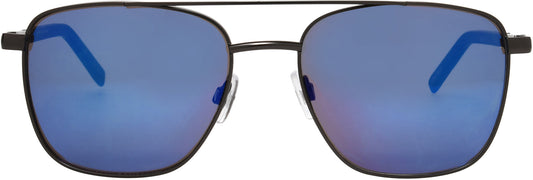Glinda-fied
Regular price
$40.00
Sale price
$40.00
Regular price
Save %
Unit price
/
per
Positively Green
Regular price
$40.00
Sale price
$40.00
Regular price
Save %
Unit price
/
per
Pink Perfection
Regular price
$40.00
Sale price
$40.00
Regular price
Save %
Unit price
/
per
IRONMAN® IM2001 Black
Regular price
$22.95
Sale price
$22.95
Regular price
Save %
Unit price
/
per
Geo Square - Limited Edition
Regular price
$23.07
Sale price
$23.07
Regular price
$32.95
Save 30%
Unit price
/
per
Sale
IRONMAN® IM2003 Metallic
Regular price
$16.07
Sale price
$16.07
Regular price
$22.95
Save 30%
Unit price
/
per
Sale
New Navigator - Limited Edition
Regular price
$23.07
Sale price
$23.07
Regular price
$32.95
Save 30%
Unit price
/
per
Sale
